Colombo, Sep 22 (V7N)- Sri Lanka’s first presidential election since the ousting of former president Gotabaya Rajapaksa in 2022 has entered uncharted territory, with no candidate securing an absolute majority in the initial round of voting. For the first time in the nation’s history, the presidential election will proceed to a second round of voting.
Anura Kumara Dissanayake, leader of the National People's Power (NPP), led the race for much of Sunday’s vote count but fell short of the 50 percent threshold required to win outright. Dissanayake garnered 39.65 percent of the vote, followed closely by opposition leader Sajith Premadasa with 34.09 percent. Incumbent president Ranil Wickremesinghe, who has overseen the country’s recovery from a severe economic crisis, finished third with just 17 percent of the vote.
Under Sri Lanka’s election law, a second round (run-off) vote is required between the two leading candidates if no one secures an absolute majority. The Election Commission has not yet announced a date for the second round, but it is expected to take place soon.
Dissanayake, known as a leftist leader, initially seemed poised for victory, with his party NPP expressing confidence that he would be sworn in as the country's next president. However, as the vote count progressed, Premadasa narrowed the gap, setting up a highly anticipated second-round showdown between the two.
Sri Lanka has conducted eight presidential elections since 1982, and each has produced a winner in the first round, making this year’s election a historic first for the country.
The election comes two years after the dramatic ousting of Gotabaya Rajapaksa, who was forced to flee the country in 2022 following widespread protests over an economic collapse. Wickremesinghe, who took over the presidency after Rajapaksa’s departure, has since led efforts to stabilise Sri Lanka’s economy, which remains burdened by $46 billion in foreign debt.
While the country has made strides in overcoming the economic recession, millions of Sri Lankans continue to struggle with the fallout of the crisis. The upcoming second round of voting will determine whether Dissanayake or Premadasa will lead Sri Lanka through its next phase of recovery.
This election is seen by many as a referendum on the government's handling of the International Monetary Fund (IMF) program, which has played a crucial role in Sri Lanka’s economic recovery. Both Dissanayake and Premadasa have positioned themselves as reformers capable of steering the country towards stability, with the second round set to offer a stark choice between their visions for Sri Lanka’s future.
END/RH/AJ



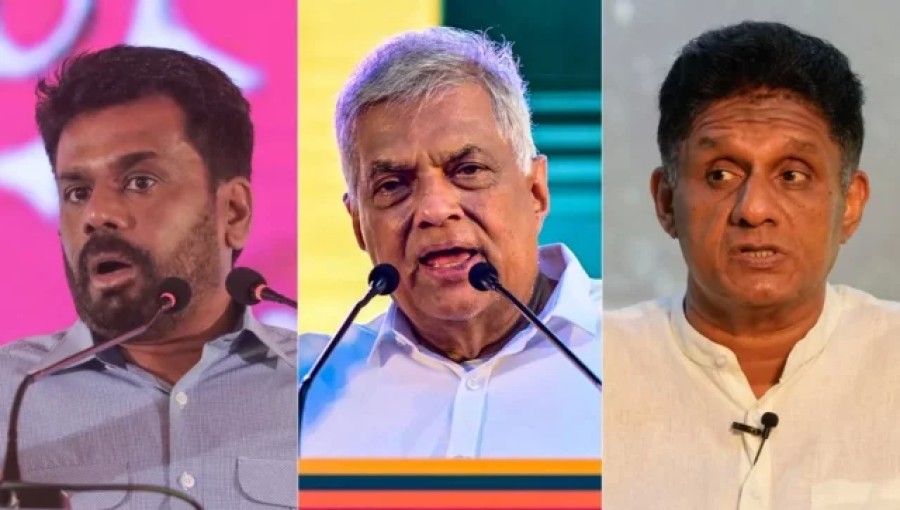
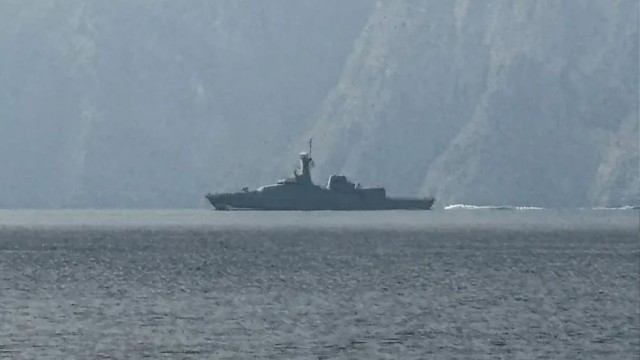
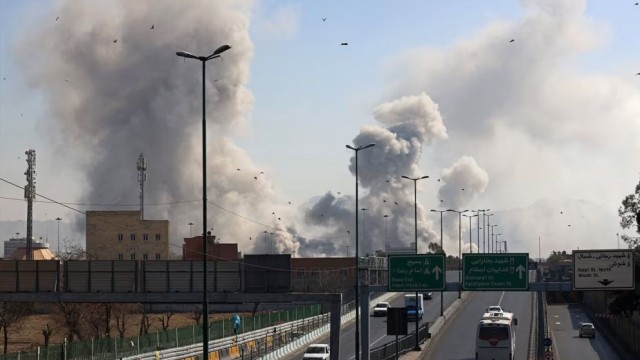
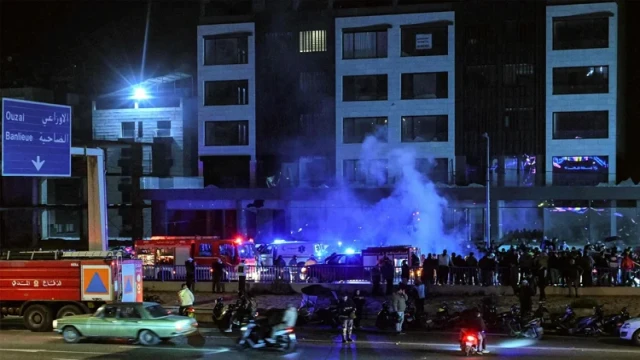
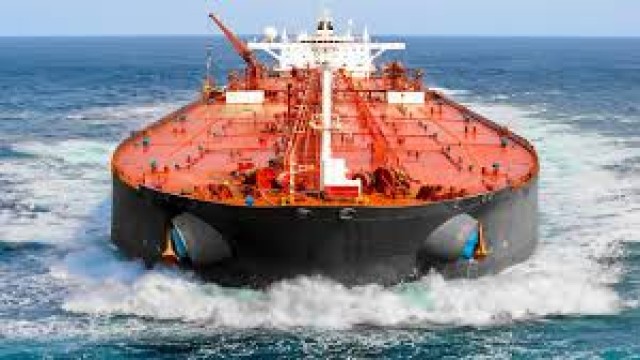
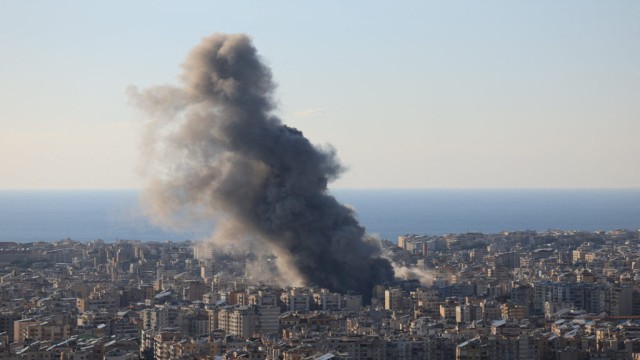
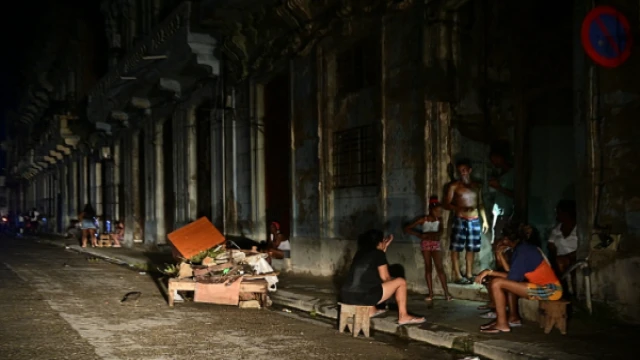
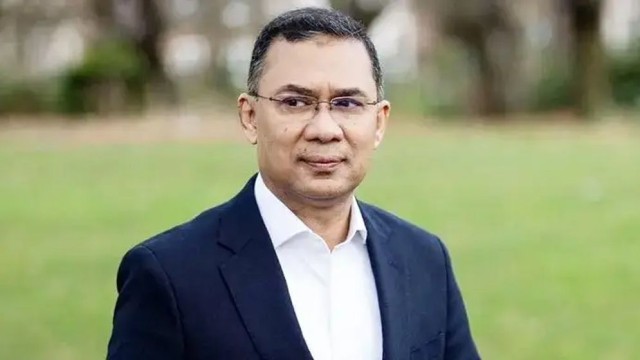

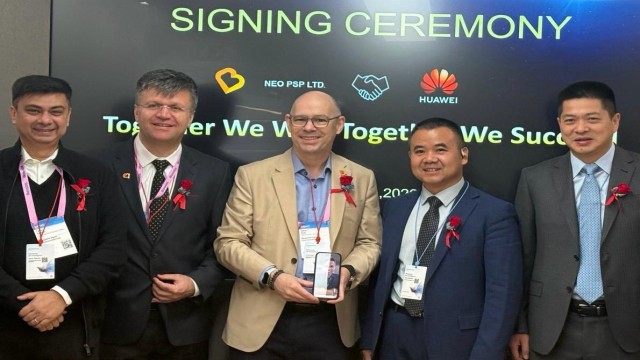
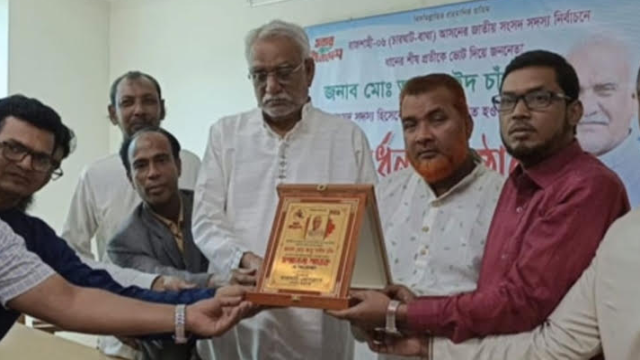
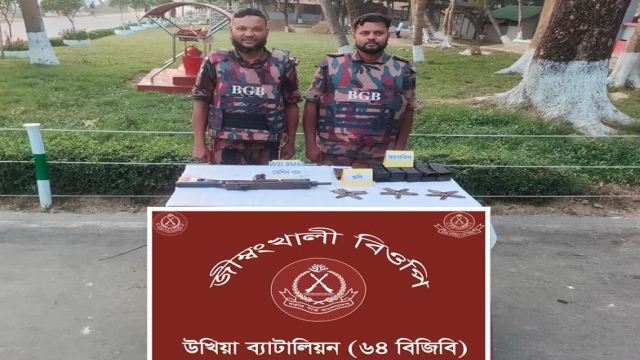
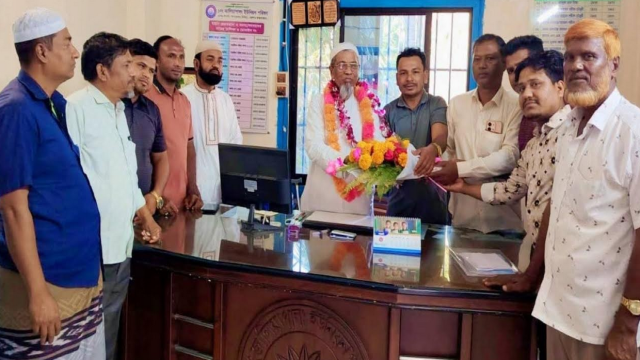
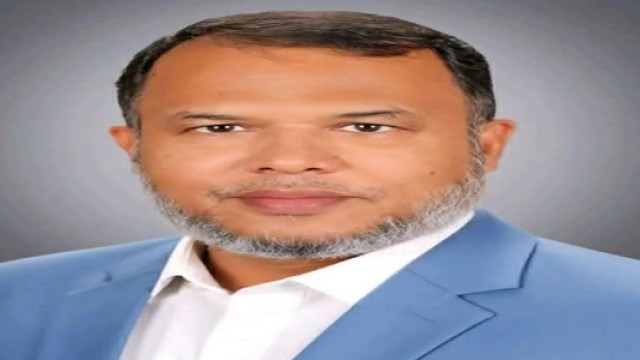

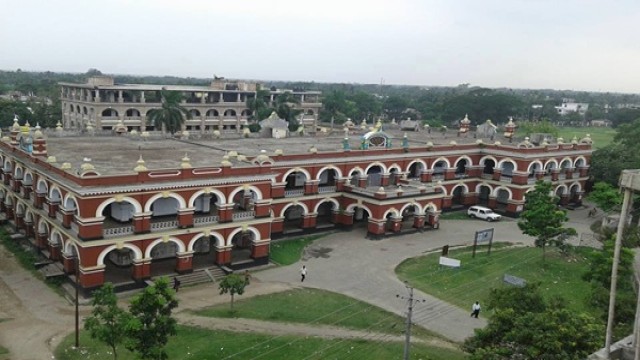
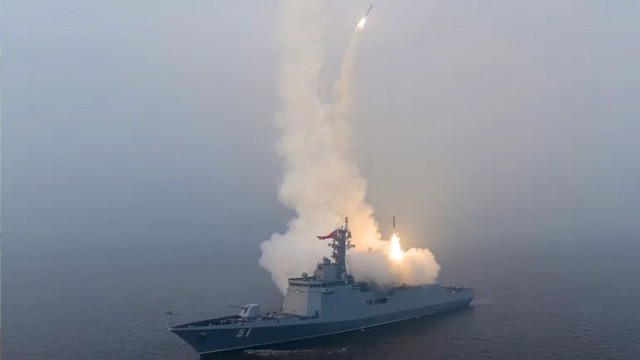











Comment: